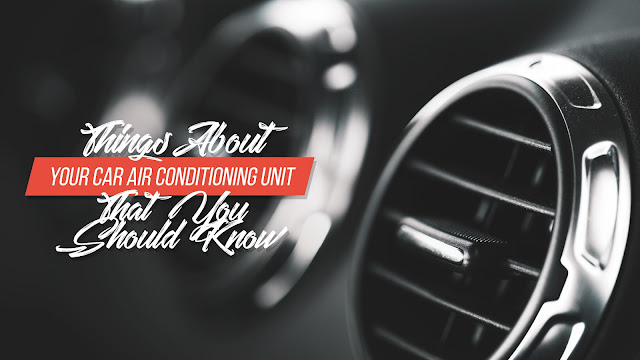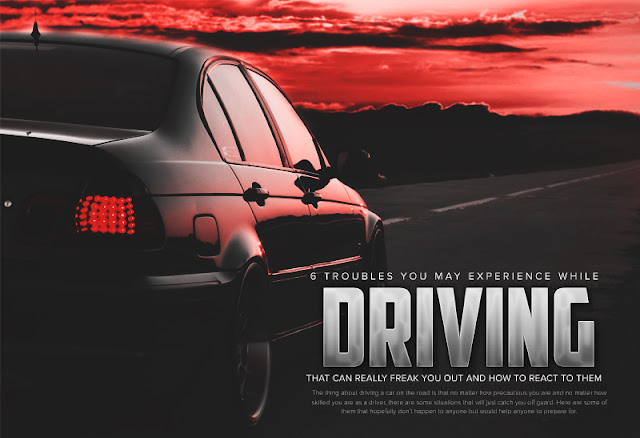When you live in a tropical country, driving with your air condition unit running is must. That is unless you like driving uncomfortable and drenched in your own sweat. Just imagine your AC unit not working properly, everyone from the driver to the passengers in the car will suffer. So it should be among your car concerns to get to know your car air conditioning more.
Savings
Having air conditioning unit in your car makes driving around in tropical countries easier. However, despite the comfort that it provides it also means you’re consuming more gas at a faster rate, especially during summer because the unit has to work harder to keep your car cool. But if you get your windows tinted, you’ll be able to save money and gasoline. Window films blocks not just the sunlight but as well as the heat from penetrating your vehicle, so you wouldn’t have to run the AC unit on full blast just to keep the interior cool.
Your Filters
We know it’s necessary to replace air filters because dirty ones restrict airflow and causing the AC system to run longer and use more energy. But only some actually do this. Be more diligent and make a reminder of it on your calendar so that you don’t ‘forget’ to do it every month.
Vents
The distinctive smell of mildew flooding out of your air vents is usually caused by a buildup of bacteria and mold. This can happen to older cars that have had bacteria growing behind the dashboard for years and in cars that rarely run the air conditioning, as they don’t enjoy the drying effects that it provides to excess water on the coils. So if you do your own car cleaning, make sure you clean your car AC vents too.
It Won’t Turn On
Driving when the AC unit is not working can be an unpleasant experience. On extremely hot days, an air conditioning system can overheat and this can cause the fan to burn out. A broken dial can also affect your ability to switch the auto air conditioning on, as well as a broken switch, a stuck valve, a wiring fault, a blown fuse or an obstruction in the air ducts. So if you’re having this issue, it’s best that a professional can take a look at it fix the problem and not let it get any worse.
AC System Is Blowing Hot Air
This can really suck because if there’s anything worse than an AC unit not working at all is an AC unit blowing hot air instead of cool air. When this happens, you’re probably looking at variety of reasons like damaged cooling fans, a blocked or broken condenser, an internal obstruction, an electrical fault, and/or low refrigerant levels. When this happens, it’s best that you take your car to a trusted car servicing center right away to get it checked and fixed as soon as possible.
It Won’t Turn Off
This doesn’t seem like a problem until you’re getting too cold behind the wheel and you’re consuming way too much fuel than you usually do or your car’s battery gets drained because the AC keeps running even with the engine switched off. The culprit behind this can range from faulty or loose ribbon cable, broken controls / dial stuck in the “on” position, broken selector switch, shorted blower resistor, shorted blower motor relay, shorted a/c controller, and/or shorted blower control circuit.
ALSO READ:



